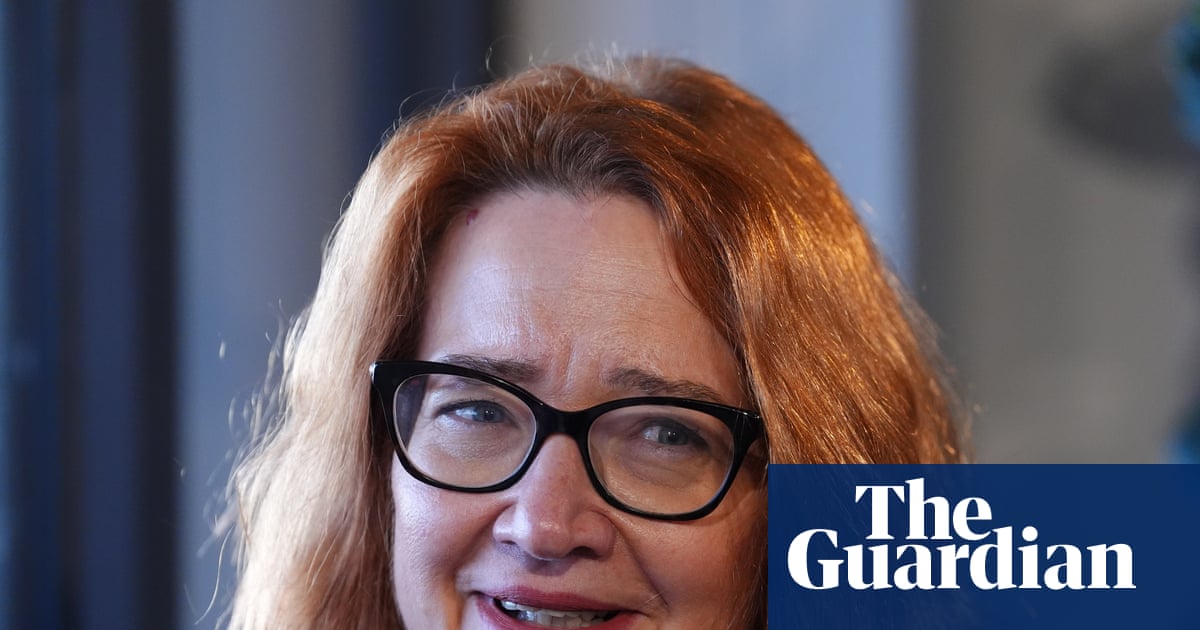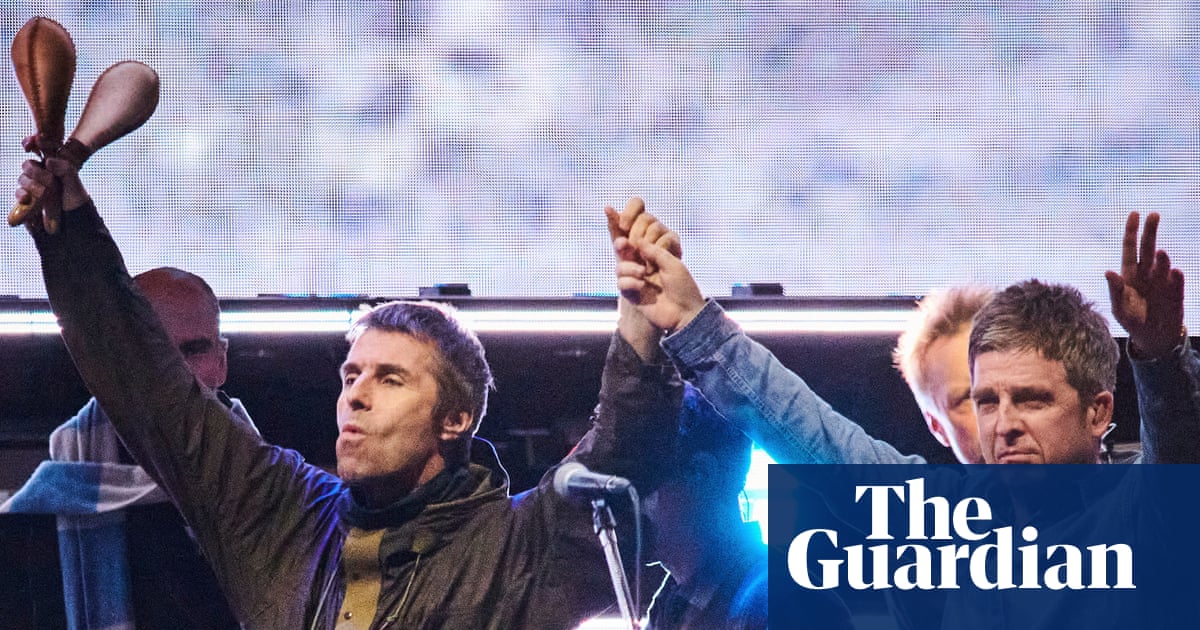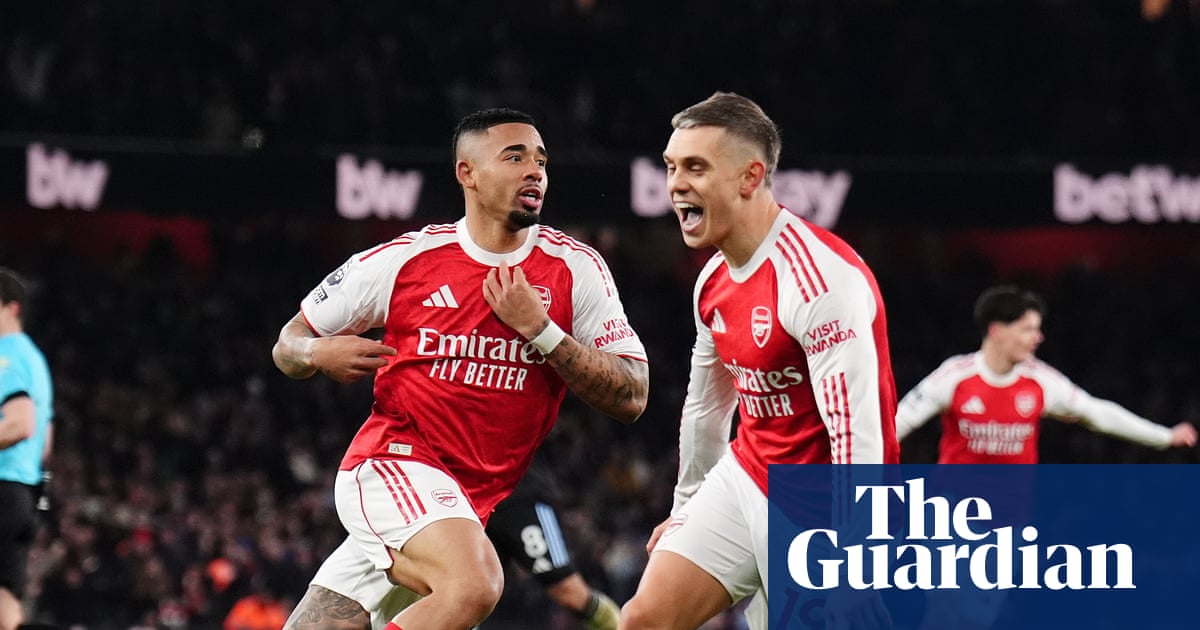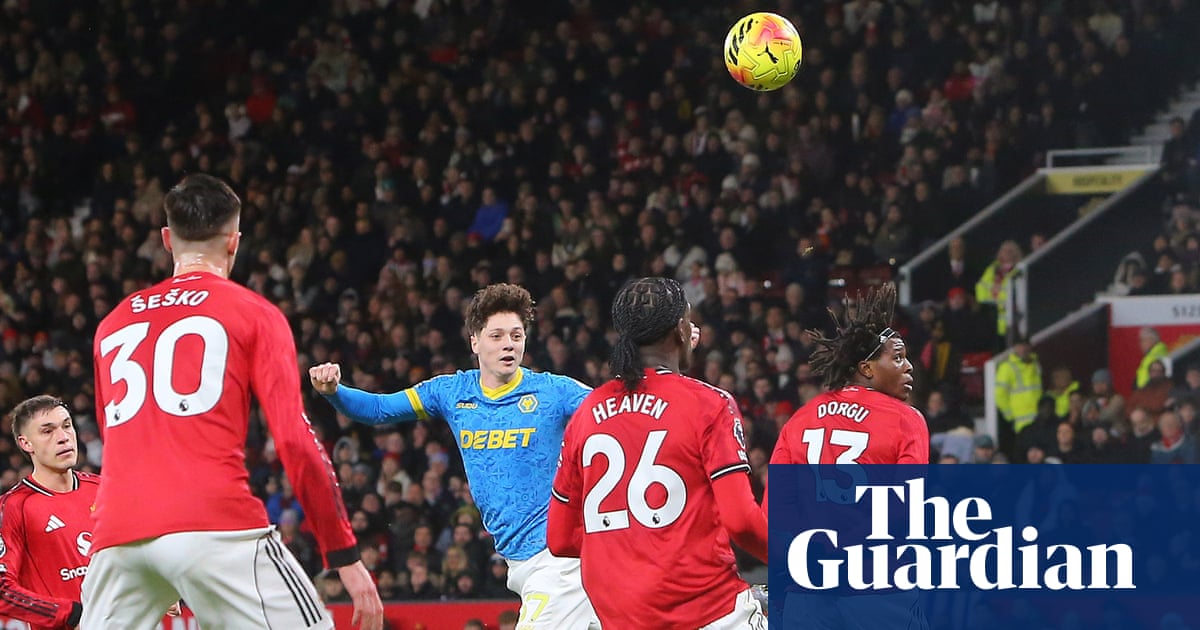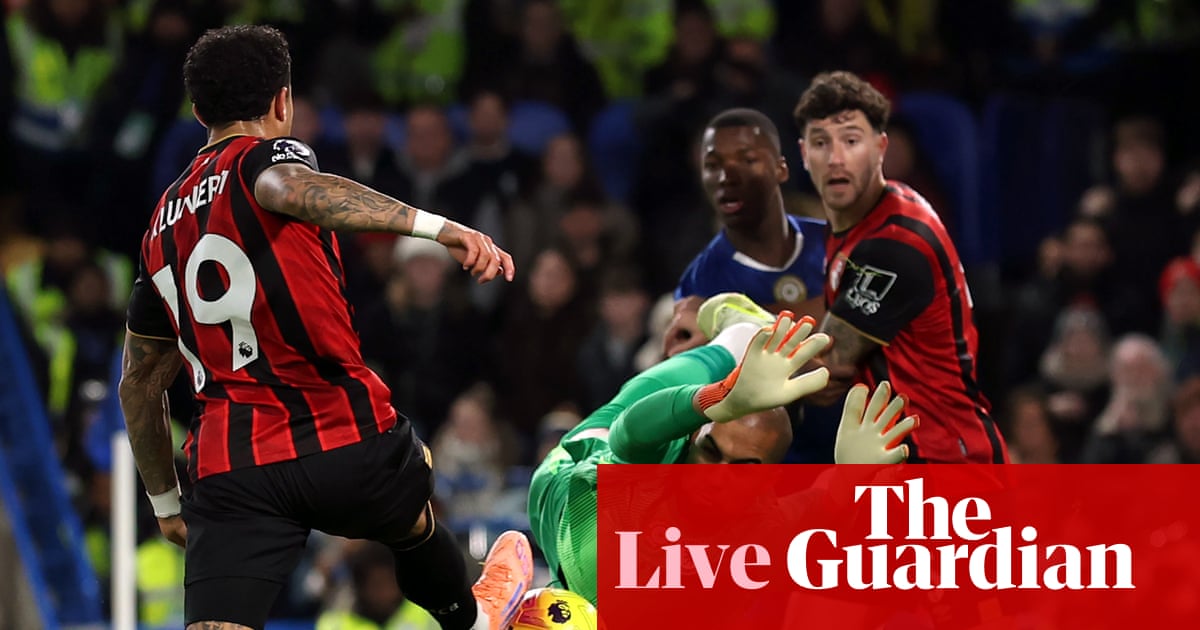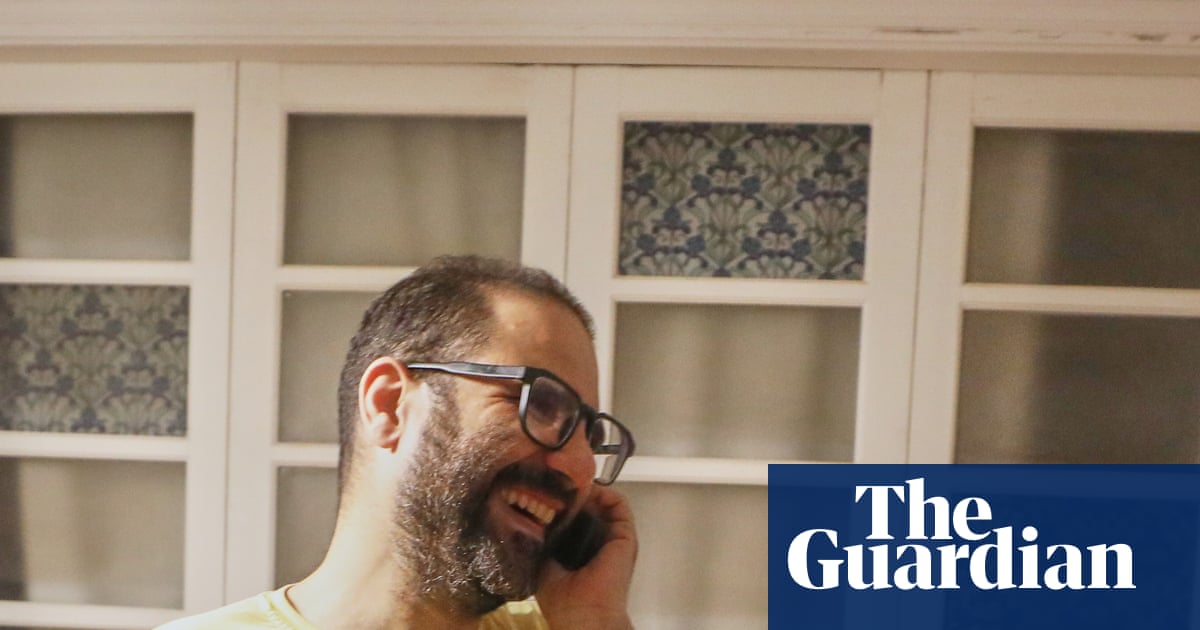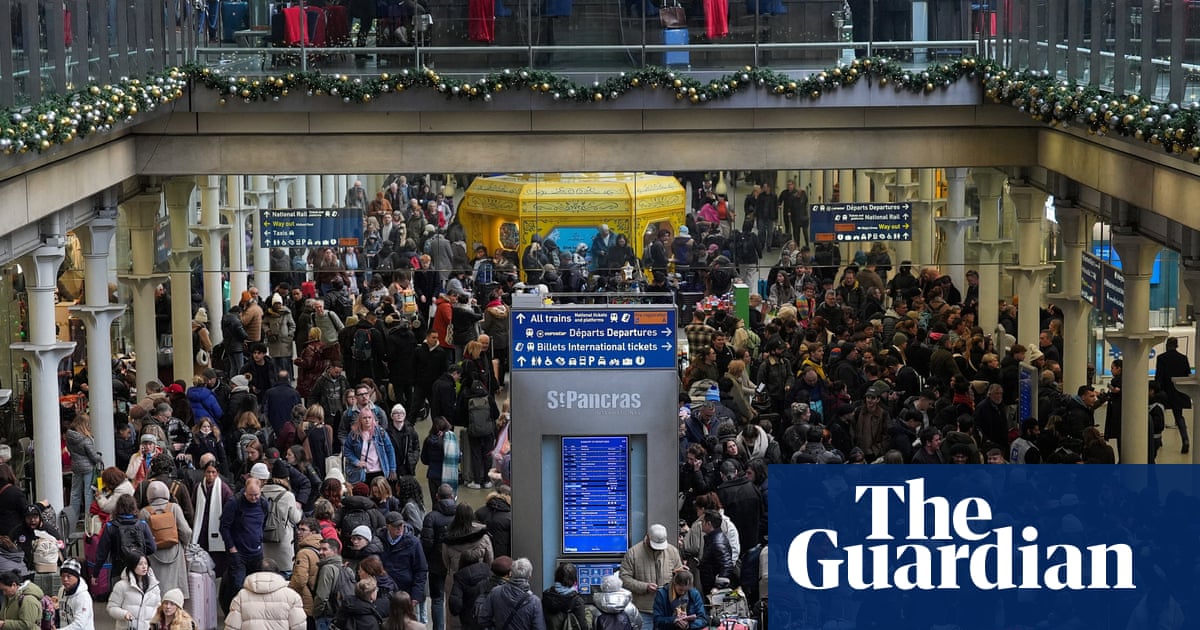Has the grisly race to the bottom in British politics finally been halted by a Green surge? Since Zack Polanski secured the Green party leadership with an emphatic 85% vote share on an unashamedly leftwing platform, the political consensus has faced its biggest challenge since the defeat of Jeremy Corbyn’s Labour.
When Polanksi launched his bid in May, the Greens counted 60,000 members. They’ve now hurtled past 130,000, eclipsing the number of Conservative members. One poll already puts them on 15%, more than double last year’s 6.2% and neck-and-neck with Labour. To call that a political phenomenon is not hyperbole.
The Greens’ amateurish social-media operation has been transformed. In the place of clunky graphics and dour tweets come slick, viral videos – Polanski urging us to “make hope normal again” – or sassy celebrations of each new membership milestone. The party’s on-screen presence has evolved, too. Previous TV outings by Green politicians could be described as awfully nice but lacking in cut-through messages. Polanski, however, has embraced the Nigel Farage tactic of confrontation, whether it be championing a wealth tax, backing transgender rights without equivocation or accusing Reform UK of fascism.
The radical right has excelled across the west by going on the attack and forcing its opponents into a defensive posture. Whether it be in Germany, France, Austria or the UK, mainstream parties have tried to stem the popularity of rightwing parties by responding to criticism that they have not been “tough enough” on immigration with the announcement of harsher policies and speaking in more dangerous rhetoric. This has only legitimised the ideas of the right and fuelled its ascent. In the UK, Keir Starmer has achieved the worst ratings of any prime minister ever recorded this soon into their term as Reform has shot up the polls.
The Greens want to shift the conversation away from blaming migrants for all of Britain’s woes and instead point the finger at economic injustice. “Economic justice is everything,” Polanski tells me, but cites how his experience as a gay Jewish man drives his instinctive “solidarity with minority communities”. He says “economic injustice hits our minority communities even harder, so the best place we can relentlessly focus the conversation is this: a tiny few in this country hold our power, our wealth and our assets.” The task, then, is surely to focus on battles that unite – such as taxing the rich, rebuilding public services, ending privatisation – without yielding an inch on rights and equality.
There’s a possible tension, though. The right’s culture wars – moral panics over minority rights – are designed precisely to smother debate about economic justice and force the left into that fatal “explaining and losing” mode. But real progressives can hardly ignore bigotry. Defending the dignity of Muslims, migrants or trans people is a moral imperative for the left. The strategy must surely focus on policies and messages that unite the diverse majority against the elites – rather than getting trapped in the right’s culture war trap.
Farage also has an obvious advantage over Polanski. The British press, dominated by rightwing tabloids, has spent decades whipping up hostility towards migrants. Research by the Financial Times in 2022 found that public concern about immigration tracks newspaper coverage more closely than the actual numbers arriving on British shores. Anti-migrant sentiment is portrayed by politicians and media outlets as a legitimate concern, while demands to tax the rich or nationalise utilities are not. The political spectrum itself is skewed: the hard right is accepted as respectable, while the left is treated as an aberration.
But Labour’s failings have opened new possibilities. Labour was convinced that Corbynism was a historical glitch rather than a structural response to stagnating living standards, insecurity and collapsing public services. It has also failed to understand how western complicity in Israel’s genocide has repelled a chunk of its traditional electoral coalition.
How will Starmer’s Labour respond? Polanski believes it is “ideologically incapable” of countering the Green challenge by shifting to progressive territory. That is why Labour is building up Farage, rather than the Tories, as its main rival – believing it can force disillusioned voters to treat it as the lesser evil.
That some form of cooperation with Your party will be required is essential. The party has so far been mired in factional squabbles, but it represents a vital constituency that can’t be ignored. The next election will be an opportunity for Your party and the Greens to speak on behalf of a huge ignored political bloc in British politics: people who support a multicultural Britain and people who want a fairer economy and society. Neither Labour nor Reform will raise issues of economic injustice given their rich donors and ideological rigidity. That’s why the Green surge, however fragile, offers something rare in modern British politics: the faint outline of an escape route from despair.
-
Owen Jones is a Guardian columnist

 2 months ago
58
2 months ago
58



